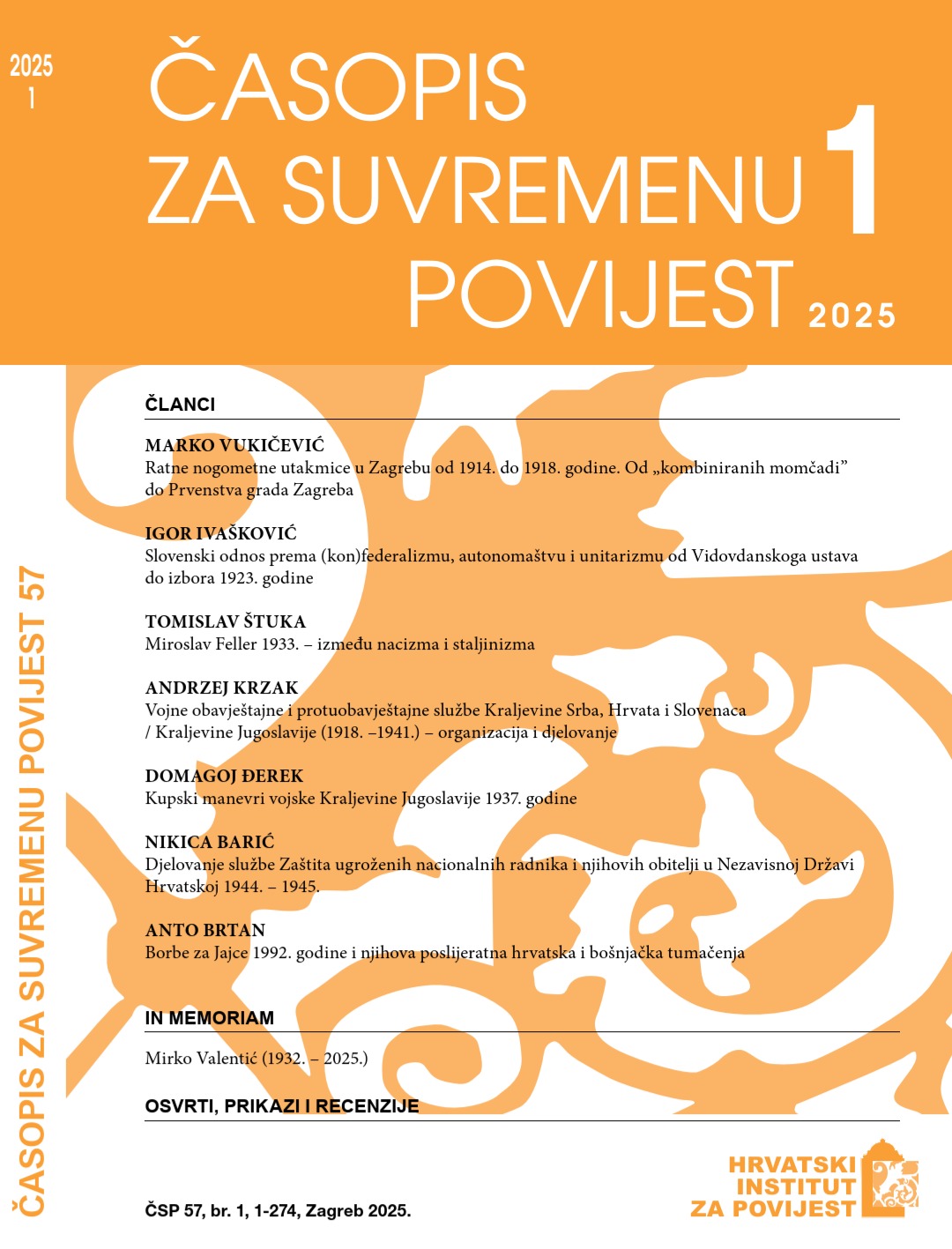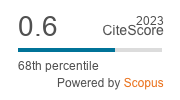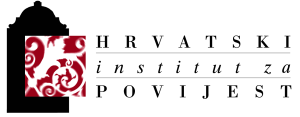Slovenski odnos prema (kon)federalizmu, autonomaštvu i unitarizmu od Vidovdanskoga ustava do izbora 1923. godine
DOI:
https://doi.org/10.22586/csp.v57i1.34525Ključne riječi:
jugoslavenstvo; Slovenci; Kraljevina Srba, Hrvata i Slovenaca; federalizam; unitarizamSažetak
U članku se preko objava časopisa i memoarskih zapisa istaknutih pojedinaca analizira odnos slovenske političke sfere prema kulturnom i teritorijalnom aspektu jugoslavenstva u periodu od donošenja Vidovdanskoga ustava do izbora 1923. S teritorijalnoga je aspekta u svim dijelovima političkoga spektra u Slovenaca primjetna želja za pridruživanjem Bugara jugoslavenskoj državnoj zajednici. Dok je za slovenske liberale to bio prirodan slijed događaja kojemu su težili u skladu sa svojom panslavenskom ideologijom, kod pretežnoga dijela konzervativaca to je bio put prema smanjenju unutardržavnoga srpskog pritiska. Istovremeno su u svim segmentima slovenske politike neposredno nakon donošenja Vidovdanskoga ustava primjetni određeni elementi autonomaštva, koje je egzistiralo čak i u dijelu unitarizmu sklonih liberala. Ipak, unatoč unutarnjim rascjepima, političku pobjedu u proučavanom razdoblju odnose slovenski konzervativci. Iako se njihova vizija jugoslavenstva i s teritorijalnoga i s kulturnoga aspekta znatno razlikovala od vizija tadašnjih vlasti, konzervativci koriste umjerenu opozicijsku retoriku te izvlače korist iz djelomičnoga preklapanja njihovih taktičkih planova s vizijama radikala, što će poslije dovesti i do suradnje najveće slovenske i srpske političke opcije. S druge strane, iako socijaldemokrati i komunisti nisu imali izabranih predstavnika na izborima, slovenski su komunisti u tom razdoblju bili jedni od inicijatora prava na samoodređenje naroda. To je ubrzo uključeno kao temeljna odrednica u program Komunističke partije Jugoslavije, a borba protiv centralizma postala je temeljnom sastavnicom njezine strategije uspona na vlast.
Preuzimanja
Objavljeno
Broj časopisa
Rubrika
Licenca
Autorska prava (c) 2025 autori i časopis

This work is licensed under a KreativniCommons Attribution-NonCommercial Međunarodne licence.
Nositelji autorskih prva su izdavač Hrvatski institut za povijest i autori. Časopis za suvremenu povijest je časopis u otvorenom pristupu. Sadržaj časopisa u cijelosti je besplatno dostupan. Korisnici smiju čitati, preuzimati, kopirati, distribuirati, tiskati, pretraživati ili stavljati poveznice na materijal te mijenjati, preoblikovati i prerađivati materijal ili ga koristiti na druge zakonite načine, sve dok odgovarajuće citiraju izvornik, sukladno Creative Commons licenci CC BY-NC. Radove objavljene u Časopisu za suvremenu povijest dozvoljeno je pohranjivati u institucijske i tematske repozitorije uz osiguravanje poveznica na web stranice časopisa i Hrčka. Časopis autorima ne naplaćuje objavu radova. Uredništvo ne odgovara za navode i gledišta iznesena u pojedinim prilozima.




